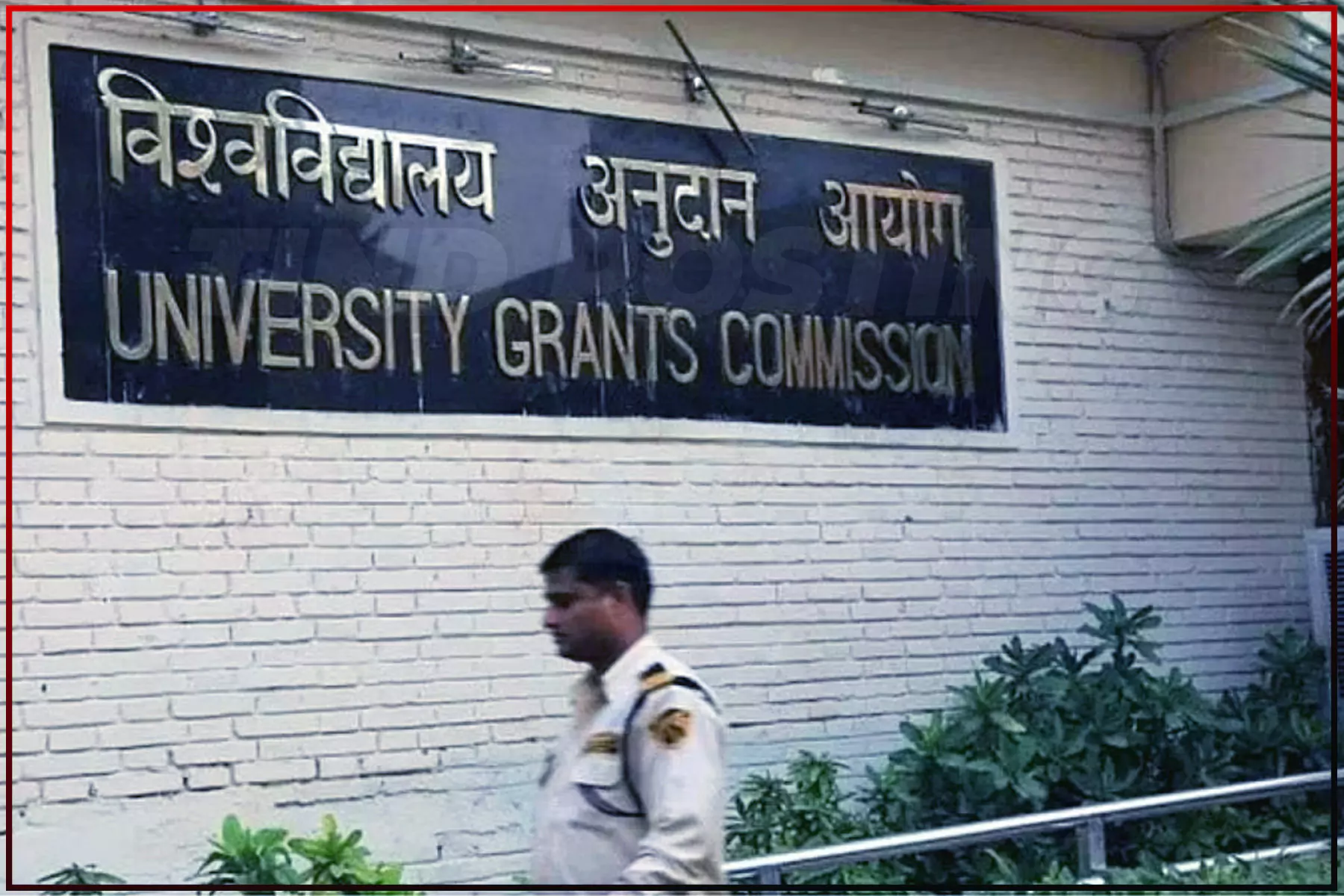On February 3, at Osmania University’s Arts College in Hyderabad, the All India Federation of University and College Teachers Organisations (AIFUCTO) arranged a stimulating seminar to examine the de-reservation policy proposal of the University Grants Commission.
In his remarks at this discussion in Hyderabad, AIFUCTO General Secretary Prof. Arun Kumar said that the main source of the de-reservation policy proposal is NEP 2020 and that since the Indian Constitution grants reservation, the UGC is unable to accomplish such policies.
Prof. Dr. Arun Kumar said “If observed keenly, we can find the hidden agenda of this de-reservation proposal of abolishing the Indian Constitution and reservation. Digital universities, guest faculty, etc. are for reducing the workforce, where reservations gradually disappear. Students and teachers should come together to protect the reservation policy.”
Speaking on equality and inclusivity, Prof. Lumpadri, the chairman of the Telangana State Council for Higher Education (TSCHE), gave a lecture. Telangana Vidhyavanthula Vedika president Dr. Konda Nageswara Rao moderated the discussion.
The following people attended the Hyderabad debate: Prof. Kaseim, head of the Telugu department; Prof. Mallesham, vice president of OUTA; Prof. C. Ganesh, principal of Arts College, University of Hyderabad; Dr. J. Ratna Prabhakar, vice president of AIFUCTO; and K. Mohan of AIFUCTO-AP.
UGC and it’s fucntions
The University Grants Commission (UGC) is a statutory body of the Government of India that coordinates, determines, and maintains standards of teaching, examination, and research in university education. Established in 1956, it plays a pivotal role in the development of higher education in India.
The UGC draft guidelines
The University Grants Commission (UGC) displayed draft guidelines for revising reservations in higher education. The guidelines aim to make current regulations more clear and incorporate revisions from Department of Personnel and Training (DoPT) circulars based on court decisions.
The proposed rules contain several chapters that address de-reservation, faculty post quotas, roster creation, caste claim verification, and student admissions reservations. Criticism was directed towards the de-reservation chapter because it implied that reserved academic positions could be dereserved in “exceptional cases” if the relevant university gave a good enough explanation.
It was believed that this violated the constitutional requirement of reservation and threatened the representation and empowerment of marginalised sections in higher education.
All positions must be filled in accordance with the Central Educational Institutions (CEI) Act, 2019, which prohibits the de-reservation of jobs, as stated by the UGC and Ministry of Education. On de-reservations, there were no further guidelines provided.

by Swapnil Angel Samad
